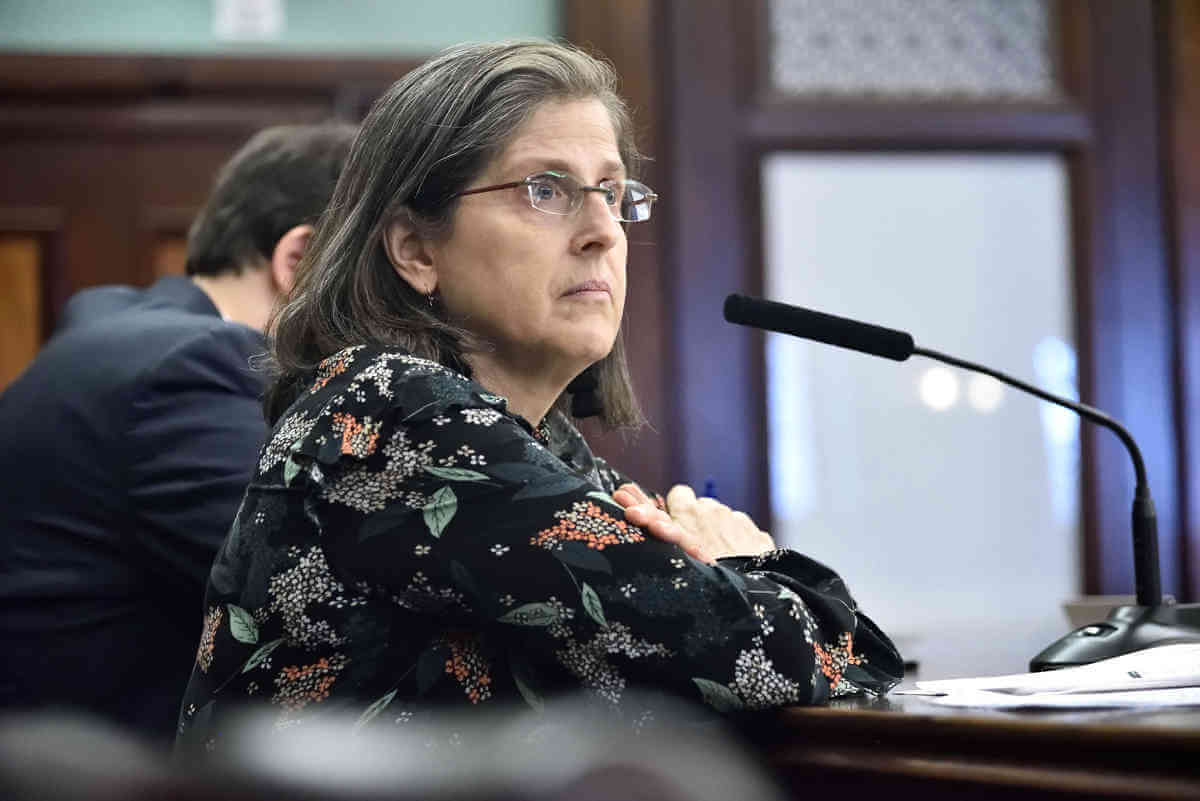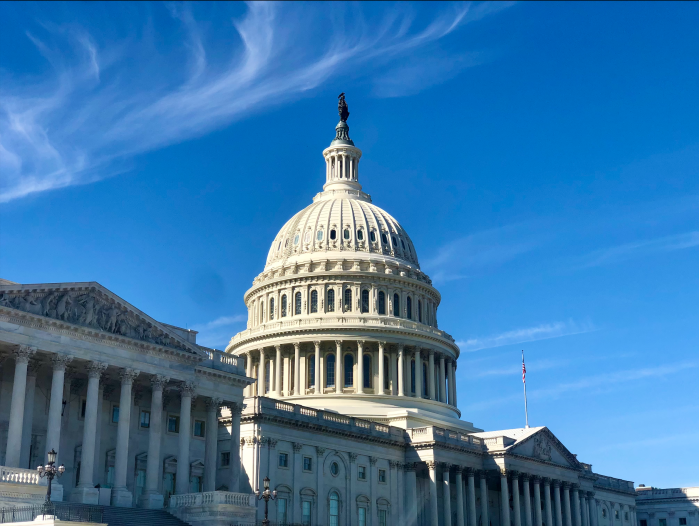A proposed City Council bill requiring the city’s Department of Social Services (DSS) to gather and report statistics on transgender and gender nonconforming people in domestic violence shelters was met with resistance from the de Blasio administration during a contentious hearing on September 24.
The bill, led by Councilmember Helen Rosenthal of Manhattan and co-sponsored by Vanessa L. Gibson of the Bronx, requires DSS to report on how many TGNC people are in domestic violence shelters, how long they stay in the shelters, which services are offered to them, why they leave shelters, where they go after leaving the shelters, and what complaints they make about their time in the shelters. That kind of data, according to Rosenthal, is not currently being collected by the city.
But during the September 24 hearing on the bill, DSS officials voiced reservations about the bill, and subsequent tense exchanges during the hearing raised additional questions about the administration’s policies surrounding TGNC residents in domestic violence shelters.
“As drafted, we have some concerns, mainly about ensuring that the selection of such information about transgender and nonbinary people does not create barriers to access, raise privacy concerns, and/ or further traumatize a client in an already vulnerable situations,” Annette Holm, who serves as chief special services officer with DSS, said during the hearing. “There may be alternative means to meet our shared interest in ensuring gender affirming services for transgender and nonbinary people accessing our DV shelters.”
Hours after the hearing, DSS largely reiterated their original point about tweaking the legislation. The agency said in a written statement to Gay City News that they look forward “to working with the Council on developing legislation to help address the needs of our clients,” but did not specify how they believe it should be changed.
A series of testy exchanges emerged during the hearing, first when Rosenthal asked if a shelter provider has, in accordance with state regulations, submitted a plan regarding how they work with TGNC individuals. Evasive answers prompted Rosenthal to ask the questions multiple times before the agency scrambled to respond and finally acknowledged a plan was indeed submitted.
The tensest moment, however, arose when Rosenthal pointed out complaints she has heard about trans people being turned away from domestic violence shelters because of discriminatory reasons, such as the pitch of an applicant’s voice. Holm, in response, curiously claimed that when providers are assessing potential residents, a determination is made whether the “individual or family is a good fit for both.”
Rosenthal quickly fired back, asking, “What does that mean?”
Holm then said, “What that means is, you have people who say, ‘I want to come into a domestic violence shelter,’ but they don’t understand that there are rules associated with coming into the shelter.”
Rosenthal, clearly taken aback, asked, “Are you saying trans women don’t understand the rules?”
Holm said that was “absolutely not” what she was saying, but rather that “anyone who comes into our system has to abide by confidentiality rules, that they cannot share the address, and at that particular point in time the shelter and the individual work together to make sure it is a good fit for both.”
Rosenthal’s question holds particular significance at a time when the Trump administration is pushing a proposal to give shelters nationwide the ability to reject admission to trans people and Housing and Urban Development Secretary Ben Carson is reportedly making transphobic complaints about “big, hairy men” invading women’s homeless shelters.
Immediately following the conclusion of the hearing, Rosenthal told Gay City News that her exchange with Holm was “a crucial moment” and that she was hearing “general words that don’t get at the heart of the issue.”
Rosenthal noted that there would be adjustments to the bill based on the hearing and that she intends to submit subsequent follow-up questions to the administration. She said she was ultimately “very disappointed that they didn’t acknowledge the reality that transgender people have in the system.”
The legislation in its current state lacks language about sexual orientation, but when asked, Rosenthal claimed to Gay City News that it should “definitely” cover “both” sexual orientation and gender identity. The following day, Rosenthal said she submitted a request to update the legislation to include lesbian, gay, and bisexual people in the reporting.



































